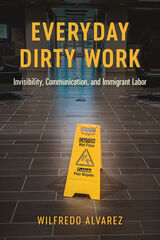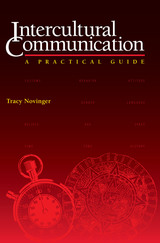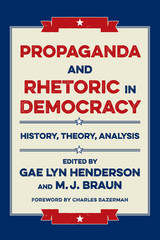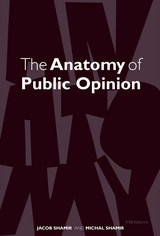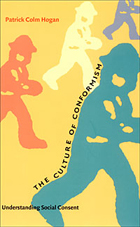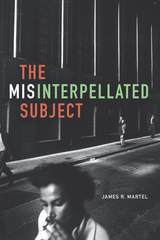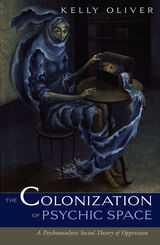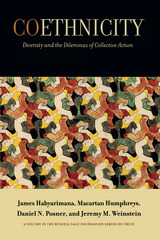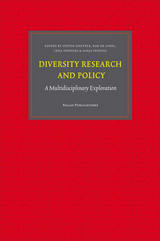The Misinterpellated Subject
Duke University Press, 2017
Cloth: 978-0-8223-6284-5 | Paper: 978-0-8223-6296-8 | eISBN: 978-0-8223-7343-8 (standard)
Library of Congress Classification HM1251.M375 2017
See other books on: Anarchism | Authority | Identity (Philosophical concept) in literature | Martel, James R. | Political sociology
See other titles from Duke University Press
Cloth: 978-0-8223-6284-5 | Paper: 978-0-8223-6296-8 | eISBN: 978-0-8223-7343-8 (standard)
Library of Congress Classification HM1251.M375 2017
ABOUT THIS BOOK | AUTHOR BIOGRAPHY | REVIEWS | TOC | REQUEST ACCESSIBLE FILE
ABOUT THIS BOOK
Although Haitian revolutionaries were not the intended audience for the Declaration of the Rights of Man, they heeded its call, demanding rights that were not meant for them. This failure of the French state to address only its desired subjects is an example of the phenomenon James R. Martel labels "misinterpellation." Complicating Althusser's famous theory, Martel explores the ways that such failures hold the potential for radical and anarchist action. In addition to the Haitian Revolution, Martel shows how the revolutionary responses by activists and anticolonial leaders to Woodrow Wilson's Fourteen Points speech and the Arab Spring sprang from misinterpellation. He also takes up misinterpellated subjects in philosophy, film, literature, and nonfiction, analyzing works by Nietzsche, Kafka, Woolf, Fanon, Ellison, Ta-Nehisi Coates, and others to demonstrate how characters who exist on the margins offer a generally unrecognized anarchist form of power and resistance. Timely and broad in scope, The Misinterpellated Subject reveals how calls by authority are inherently vulnerable to radical possibilities, thereby suggesting that all people at all times are filled with revolutionary potential.
See other books on: Anarchism | Authority | Identity (Philosophical concept) in literature | Martel, James R. | Political sociology
See other titles from Duke University Press





